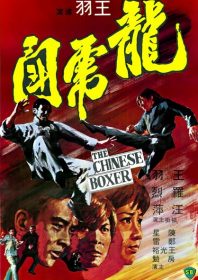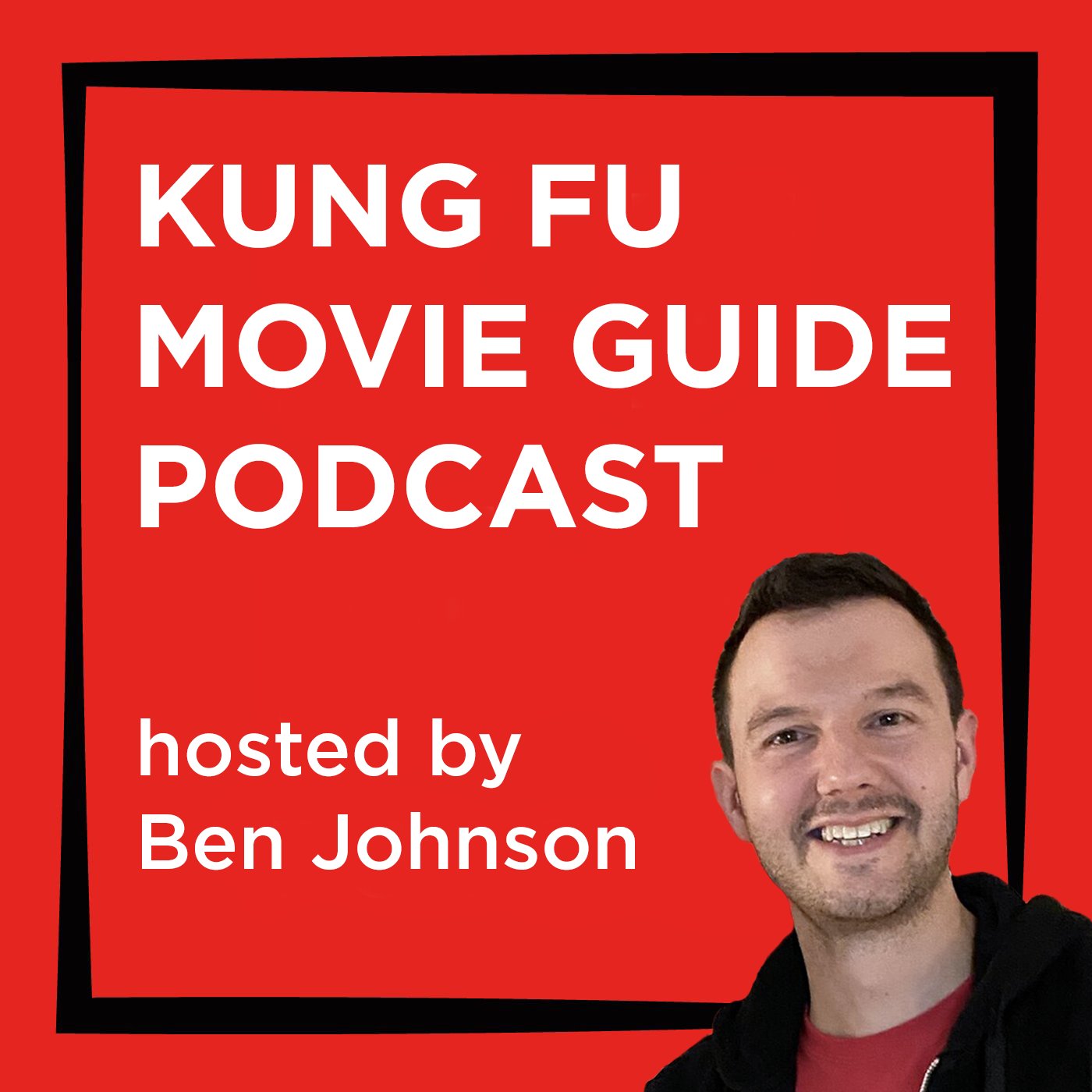
Hugely entertaining and significant film in the evolution of Hong Kong action cinema; the first Shaw Brothers hit to focus entirely on empty-handed kung fu fighting, in stark contrast to the post-modern, swashbuckling wuxia cinema of the 1960s. Shaw’s rivals, Golden Harvest, would quickly go on to perfect the form thanks to their new signing, Bruce Lee, but it was Jimmy Wang Yu who popularised it first. Already a wuxia hero from the One-Armed Swordsman films, this would prove to be Wang Yu’s final film for Shaw Brothers, causing him to eventually break his contract with the studio at the height of his fam in a bid for more creative freedom over his projects. He writes, stars, and makes his directorial debut in this blood-soaked, turbocharged, nationalistic slug-fest which flipped the formula and set the kung fu genre on its merry and vengeful way throughout the 1970s – all but killing the so-called ‘feminine’ Mandarin cinema that came before it. The film’s themes of anti-authoritarianism, violent retribution, and its focus on working-class and underdog characters left a cathartic mark on its audience of disaffected youth living in colonised Hong Kong at a particularly heated time of political unrest. Interestingly, these themes found a parallel in the USA, particularly in Black communities who discovered kinship in characters who fought back against injustice and oppression.
Set in an undisclosed time period depicting an idyllic if primitive Chinese community on the brink of or in the midst of Japanese invasion, Wang Yu plays Lei, a boyish, innocent youth who works as a quarryman. He spends his free-time learning kung fu with his friends, and he is close to marrying his childhood sweetheart, who is also the sifu’s daughter (Wong Ping). One day, a Chinese judo expert (Chiu Hung) pays the school a visit and challenges the old master (Fang Mien), only to be thrown to the floor. He returns a month later with three Japanese karate men in a bid to smash the school and take over the small community. The fighters are a looming, almost supernatural presence, cloaked in black – a stark contrast to the pure white uniforms of the Chinese kung fu fighters – whose borderline demonic leader is played by a wonderfully unhinged Lo Lieh, sporting a five o’clock shadow and a Beatles wig. They storm the school and kill nearly everyone – including the old master – but Lei survives. He absconds to the hills with his fiance, and in true ‘lone hero’ style, he focuses on a way to combat the awesome power of karate by combining the ‘Iron Sand Palm’ and ‘Light Leaping’ techniques.
The film’s kookier moments show Wang Yu as a director not afraid of a few artistic flourishes. The scenes depicting Lei’s gruelling training regime were considered unique for the time – later becoming another staple of the genre – and includes a sequence in which he conditions his hands in a burning cauldron of sand, which ventures eerily into horror movie tropes. The pall faces of the hired Japanese assassins also share a touch of the occult. Wang Yu’s final violent act is a direct lift from his beloved Japanese Samurai films (specifically, Akira Kurosawa’s 1943 debut, Sanshiro Sugata, and its sequel), set in a dramatic, whistling snowstorm where the white ground is strewn with blood. And, wow, what a blood bath; Wang Yu borrows from the more extreme end of the chambara film to show arterial blood spurts, with added eye gauging and combatants tearing out flesh with their bare hands.
Wang Yu was certainly no martial artist, but despite this – or maybe because of it – the action instead carries its own hammy charm, even if Tong Gaai’s theatrical choreography would later be used far more effectively in combination with kung fu master, Lau Kar-leung, in later Shaw Brothers productions. As a filmmaker, Wang Yu’s confident debut displays a knack of balancing crowd-pleasing thrills with a great sense of style and suspense, and aside from its obvious merits, the film’s influence was also profound.
AKA: Hammer of God (USA title).
- Country: Hong Kong
- Action Director: Tong Gaai
- Directed by: Jimmy Wang Yu
- Starring: Chan Sing, Chiu Hung, Fang Mien, Jimmy Wang Yu, Lo Lieh, Wong Chung, Wong Ping
- Produced by: Runme Shaw
- Written by: Jimmy Wang Yu
- Studio: Shaw Brothers












